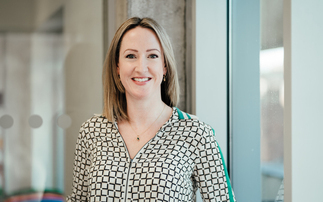COVER approached the protection industry to uncover the hopes and predictions of advisers for the year ahead.
Debbie Kennedy, chief executive officer, LifeSearch: "Consumer Duty will no doubt be the foundation to build upon for better value and customer service. Beyond this, I think it will also be simple economics that create some of the biggest changes in 2024. We are already starting to see a shift in our value chain. With lead generation under pressure on both cost and ultimate quality, distribution will seek other ways to acquire customers. "One of the key changes we will see in 2024 is a move away from segmenting distribution by ‘advice' and ‘not advice'. Instead, the lines will be draw...
To continue reading this article...
Join COVER for free
- Unlimited access to real-time news, key trend analysis and industry insights.
- Stay on top of the latest developments around health and wellbeing, diversity and inclusion and the cost of living crisis.
- Receive breaking news stories straight to your inbox in the daily newsletter.
- Members only access to monthly programme 'The COVER Review'
- Be the first to hear about our CPD accredited events and awards programmes.









